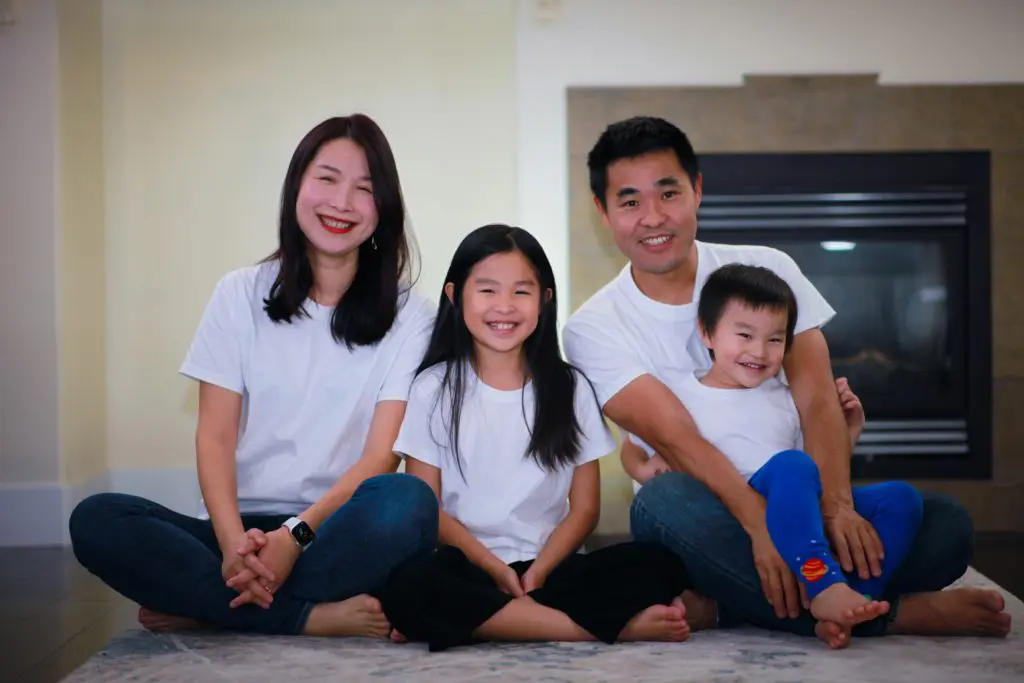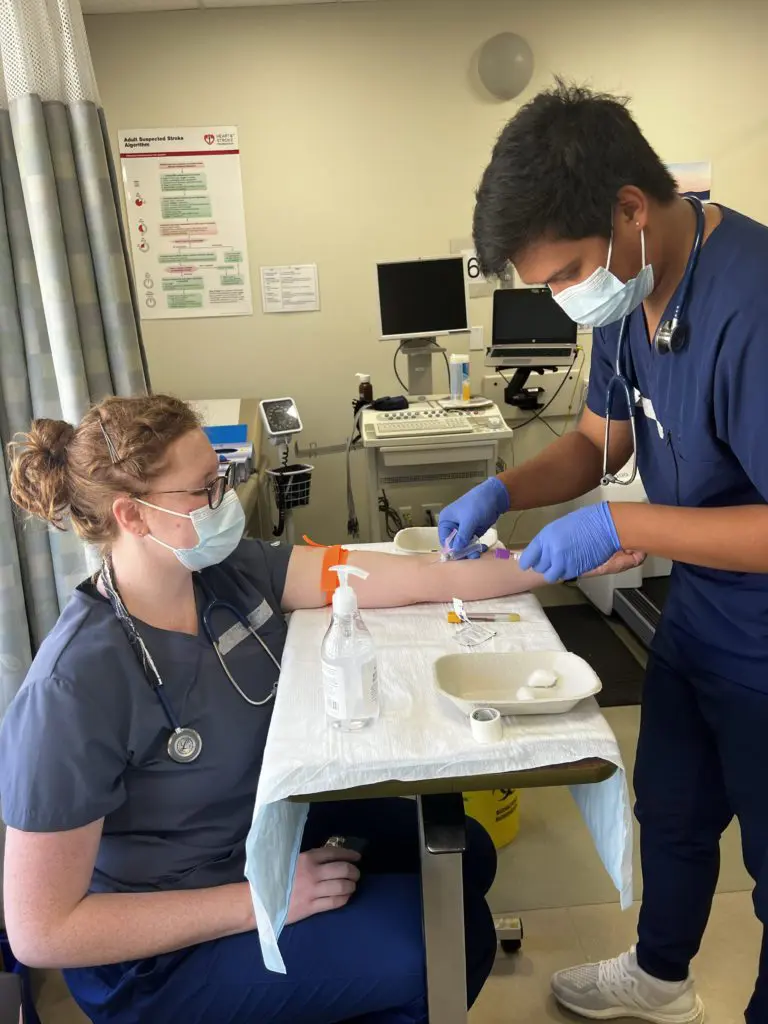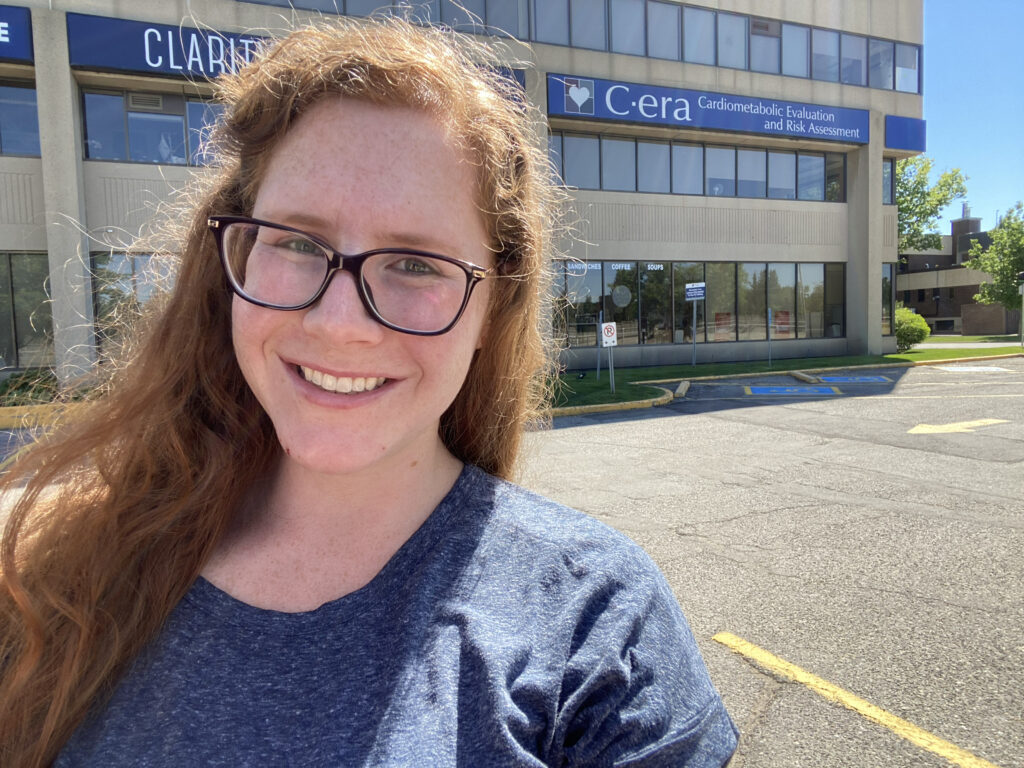After almost a year of constant studying, labs, and tests we get to the end of the theory portion of the program and begin our practical experience. I’ll be the first to admit those last few weeks of courses are difficult, seeing the end in sight. They are also essential courses to prepare you for the practicum. Learning about other procedures in which a patient may be scheduled for (MRIs, CT scans) has already come in handy during my practicum. I have also used the health information system at our hospital every day of my practicum. While it is easy to get distracted knowing that the end of the theory portion is near, I think it is very important to pay special attention to these classes.
What I think is also important during these last few weeks of courses is to properly prepare for the practicum. So as not to let it overwhelm you (believe me this can happen very easily!). Some things to remember at this point are to plan out your schedule ahead of time because it is a very busy twelve weeks. Preparing the assignments ahead of time is also important as they start on day one. Even things as simple as packing a lunch I find have kept me from getting too overwhelmed with everything that needs to be done.
Cardio Tech practicums
Now that I have started practicum (four weeks in) I can say this is the intense, on the job training part of the program. I will admit I am a little surprised at how much I have absorbed. Considering how intense the year of studying is.
It is always nice when co-workers are talking about something and you understand what patent foramen ovale is. I have found this is the time to ask questions. I’ve asked co-workers what their exam was like, what helped them to study, what they found was the hardest part to learn to help myself prepare. I have picked up a lot of good tips. I’ve started to print off all my abnormal ECGs to study from. I have been learning the names of medications from patient’s charts, and I ask doctors questions about things I am unsure of. At my hospital everyone has been very happy to share what they know. I have been getting a lot of help because of it.
Practice on your own
Your first few weeks are also the time of exciting firsts of your career, so enjoy it! The first time you are able to work on your own and the first time you are able to speculate that a patient is having a myocardial infarction or a big heart block (those terms are something you will learn about) is quite exciting and it really does give you the feeling that you could be changing someone’s life (even if it is at three in the morning). That has definitely been the best part of the beginning of my practical experience as a cardiology technologist.
Check out a video of our cardio tech students in action.



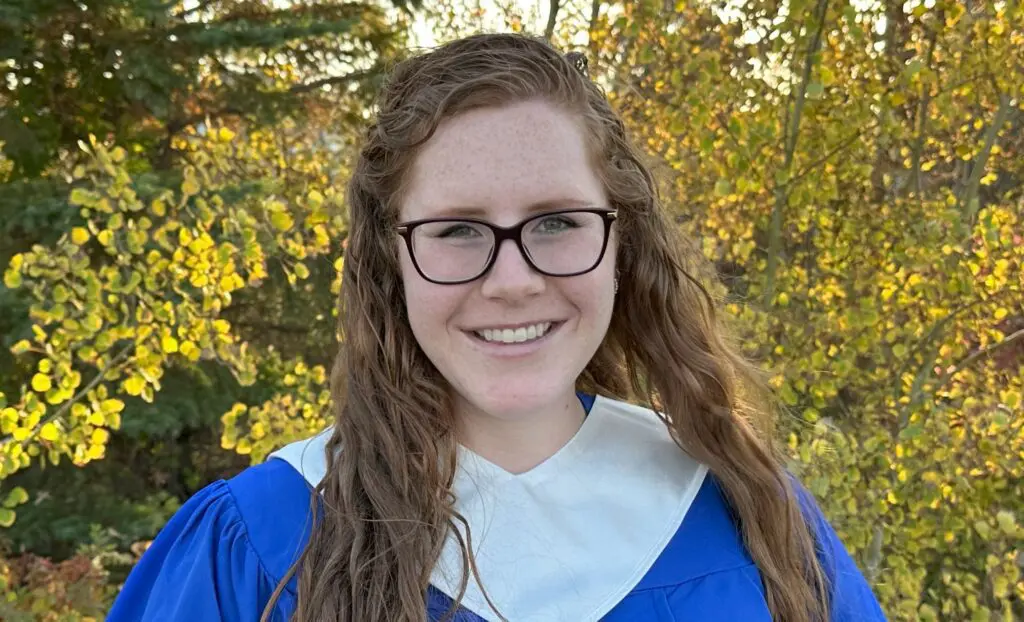

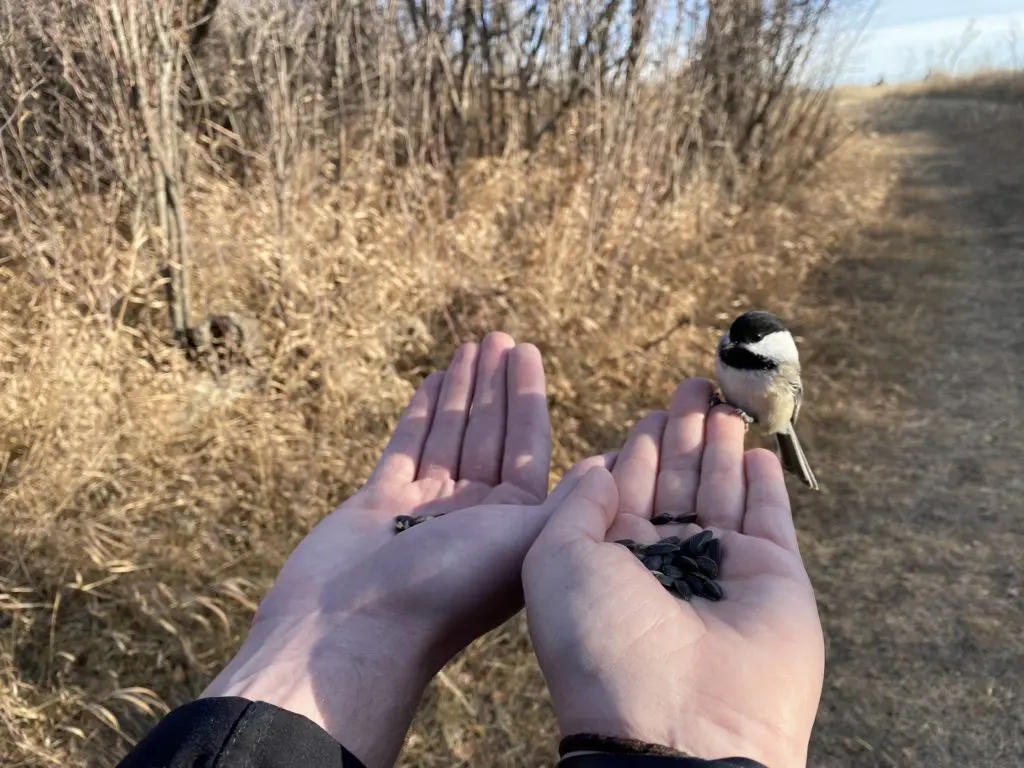
![An ECG demonstrates the extensive antero-septal-lateral myocardial infarction [heart attack] that Taryn witnessed.](https://stenbergcollege.com/wp-content/smush-webp/2022/12/ecg-1024x530.jpg.webp)
